Every once in awhile, I realize I have a skill that I didn’t know was unique. I grew up with parents who owned an antique business, and I was going to flea markets before I could walk. Haggling is something I was exposed to at a very young age. As I got older, I’d go to antique shows with my dad as my summer job. After years of training, haggling is about as easy as breathing air. It wasn’t until I went shopping in Asia with a really sweet girl named Laurene, that I realized this is a skill not everyone has. She told me I negotiated with confidence and that she would love to read a blog on how to do the same. So this one’s for you Laurene!
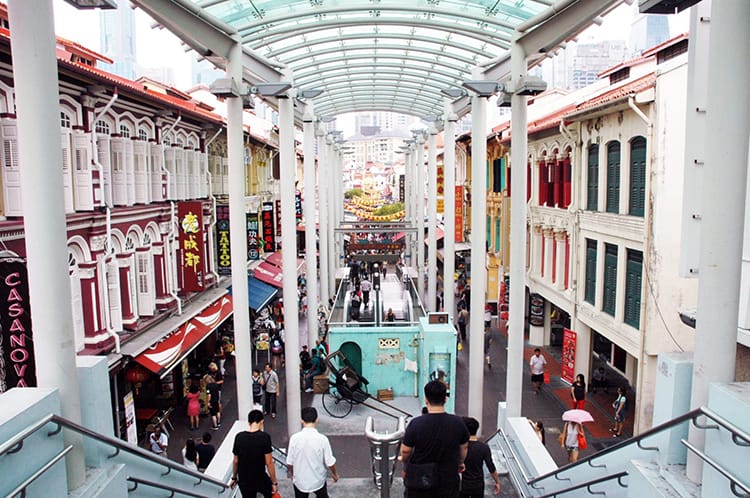
When & Where to Haggle
Taxis / Tuk-tuks
It seems that no matter what country you are in, taxis try to rip you off. If there is a meter, you can’t negotiate the rate. Some places (i.e. airports) have flat rates, which can be seen on large signs. Most of the time though, the driver sets the price. I always make sure to negotiate prior to getting in the cab.
If you are really confident with your knowledge of fares, you can hop in the taxi or tuk-tuk without negotiating ahead of time, and just hand the driver what you think is fair as you exit. I’ve been with people who do this and it works, but it’s also a bit risky.
Shopping in Asian Markets (souvenirs, clothes, produce, etc.)
Almost everyone at a market will expect you to negotiate. If you are buying souvenirs or clothes the price has been marked up around 20-50% (or more). Vendors are almost always willing to go back and forth with you. If you are at a market for food/produce, it may be a little different. You can usually negotiate things a little cheaper in these instances. For all markets, the more you buy from one vendor, the better the discount.
Tours
Sometimes, you can negotiate a tour. I’ve seen people get free pickup from their hotel which wasn’t originally included. Sometimes, they’ll throw in free entry tickets for one of the spots on the tour. Or, they’ll just go down in price a bit. I’ve heard of some people going on the same tour for $50 and others paying $35. This usually only works with local tours. More westernized tours seem to have a set price.
Hostels
I know a lot of people who don’t book their rooms ahead of time. They show up, check out the room, and then negotiate. I like to know my room is secure before arriving, so I haven’t done this before. Something I did notice is that in some countries, if you book one night via booking.com and then extend in person, you can get a deal. Some places gave me 10% off while others gave a larger discount just for booking in person. This works particularly well in Thailand.
Restaurants
It’s rare to negotiate in restaurants or food stalls. In Cambodia, a few places were overcharging for breakfast. After the waiter realized that I knew it was too expensive, he offered a deal. We somehow managed to get half off and a free drink. This happened a few other times in Cambodia, but the waiter always started the negotiations after we saw the menu and began to walk away. I wouldn’t go into any restaurant with the idea of negotiating.
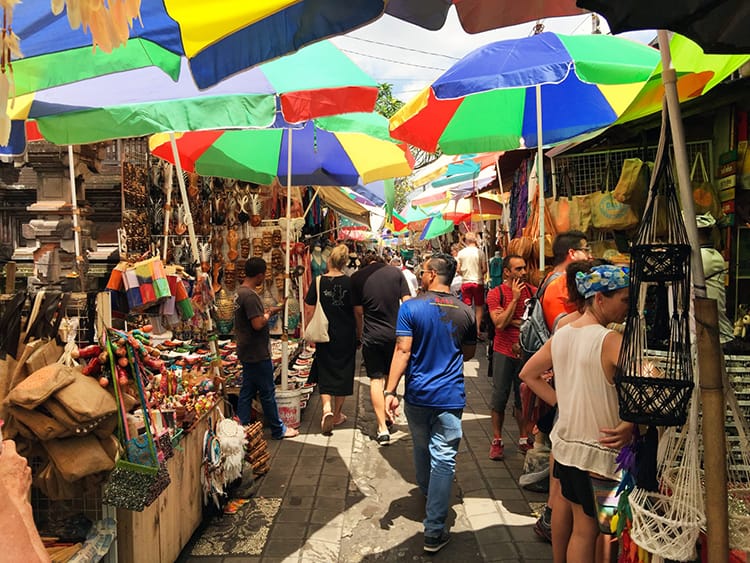
How to Haggle while Shopping in Asia
Don’t be an a**hole
Rule number one in negotiating is don’t be an a**hole. Yes, we all want to get a good deal, but don’t do it at the expense of the person you are buying from. If something is $15, don’t offer $1 and get offended when they don’t give it to you for free. The person you are buying from needs to feed their family. Treat them with respect.
Know what you think it’s worth before asking
Always ask yourself what something is worth to you before asking the vendor what it costs. If a t-shirt is worth $5 (to you) and the vendor says $20, you know that you shouldn’t start negotiations at $10. If you don’t take a second to see what something is worth to you, you may end up buying it for more than you originally wanted to pay. Plus, if the person can’t sell it for $5, then you can walk away knowing you didn’t want it that badly.
Do your research
Know how much something should cost before negotiating. I always ask other travelers what they paid for things. I also do a lot of research on blogs. Half the battle is knowing when you are getting ripped off. I’ve met people who paid $2 for a cab ride and others who paid $10 for the same thing. Asking the front desk at your hostel can also be a great resource. I never ask them to book the ride for me, but asking how much a local pays for a cab is insightful.
Always have a smile on your face
Negotiating should be fun, so think of it as a game. I usually get the best deals when I’m smiling and laughing with the vendor. Remember, they’ve been there all day dealing with tourists. A smile plus saying hello and thank you in the local language goes a long way. I also make a point of always making eye contact. These small signs of respect will help seal the deal.
Know your exchange rate
Sometimes exchange rates are confusing. Know how much you are negotiating over. For instance, (I’m embarrassed to admit this) I once fought over .37 cents. In Myanmar, the exchange rate is $1 USD for 1,354 Kyat. Trying to negotiate down 500 (which feels like a lot) is ridiculous. After realizing this, I felt terrible. Now, I always have my calculator out to make sure I’m not arguing over nothing.
Know how to read people
If the person you are negotiating with is laughing or joking around, you are good to go. If you say a number and they get solemn and say no, chances are they really can’t go that low. Being able to read people and knowing when to stop is a good skill. You never want to negotiate to a point where the other person feels bad about it. Make sure you are both walking away happy. As they say here, “Good for me. Good for you.”
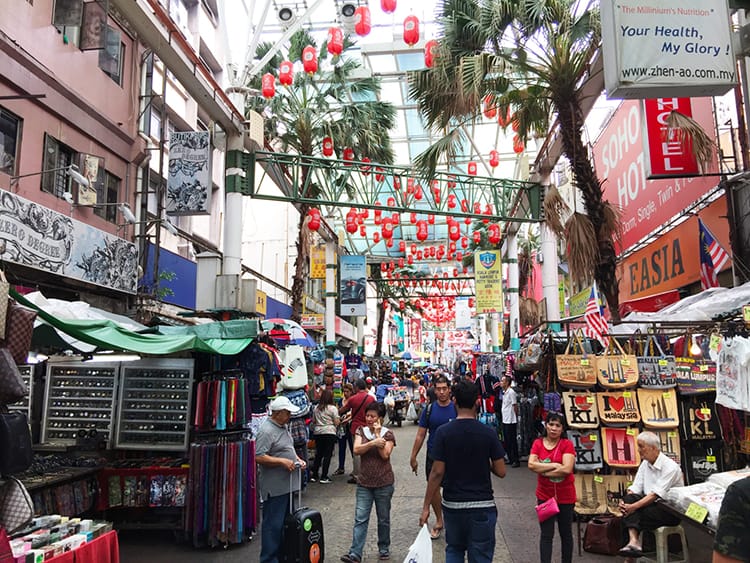
What to say
“How much is it really?”
After asking a vendor a price, they’ll usually give you a crazy high number. If I know it’s very overpriced, I’ll lean in, smile, and whisper, “How much is it really?” This almost always makes them laugh, and suddenly, you’re friends sharing a secret. Almost every time I say this, the price drops around 50%.
“I’m not a tourist.”
This one works best with taxi drivers. If they are telling you crazy expensive prices and insist that’s how much it costs, I’ll tell them, “I’m not a tourist.” After living on the road in Southeast Asia for over 7 months, I feel confident saying this. I’ll usually follow that line up with, “I know it cost $___.” Most of the time, this works because they realize you know the actual price and that you haven’t just arrived in this country.
“I paid $___ yesterday.”
This sentence works if you’ve already bought something for one price, and know you’re being ripped off. It also works if someone has told you what they paid for a similar item. Lastly, it works if you’ve overheard someone else negotiate down to this price at another booth. If you know what other people are charging for something, it’s easy to say “I paid $___ yesterday for the same thing.”
“No. That’s okay.”
When all else fails, walk away. If the vendor really can’t go lower they’ll let you leave, but a lot of the time they will call you back and say okay. I once had a woman chase me down the street yelling, “okay, okay!”
You might also like…

Michelle Della Giovanna
Writer at Full Time Explorer
I’m just your average New Yorker who quit her job in the fashion industry to explore the world. Come find out what it’s like to trade in five-inch heels for squat toilets.
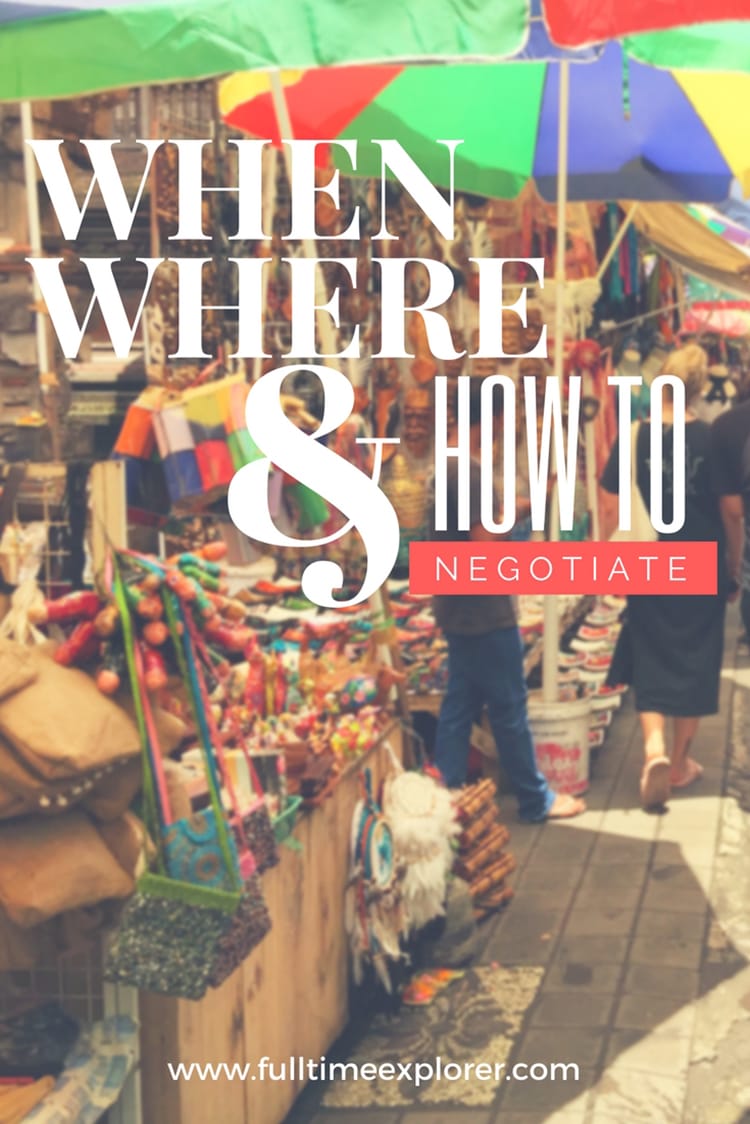

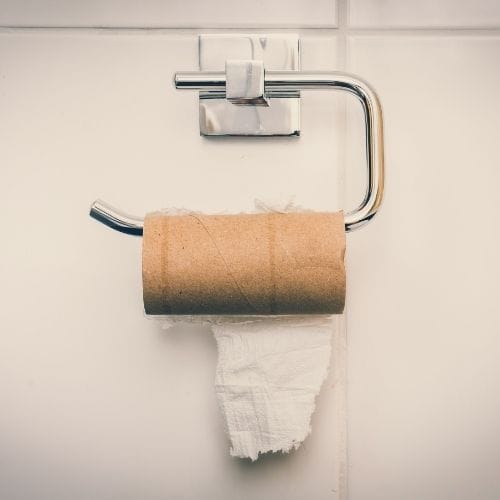

Leave a Reply